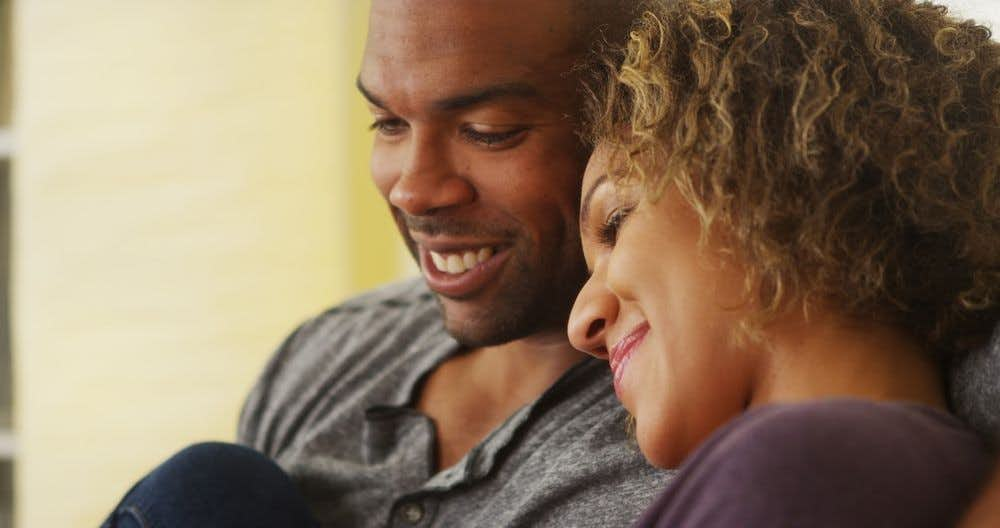April 10th, 2020


A relationship is the state of being connected to another person, place, or thing. There are relationships amongst almost everything in our environment. The relationship between the sun and the moon. The relationship between the food we digest and our cholesterol levels. The relationship between the United States of America and Syria.
And then there are the relationships between people. The relationship between a mother and daughter, father and son, brother and sister, schoolmates, co-workers, the list goes on and on. However, a relationship between partners involved in a committed and romantic relationship is one that can impact many aspects of a person’s life; including daily routines, mood, social life, and where we live. It is for these reasons that it is important to establish and maintain a healthy and positive relationship with our partners.
“The secret of change is to focus all of your energy, not on fighting the old, but on building the new.” -Socrates
There are some key components to a healthy relationship that help to build and sustain a positive lasting relationship. These elements must be shared and established in a mutual setting in which both partners are willing to contribute positive aspects to the relationship. Some of these key elements include, but are not limited to:
In contrast there are some red flag elements that work to establish unhealthy and negative partnerships. There are many reasons and environments that may warrant an unhealthy relationship. However, unhealthy relationships are generally the product of one or both partners disagreeing on their desires and needs from the relationship. When these aspects of two people do not align, relationships will not last. Amongst the differences, negative and unhealthy habits may arise which ultimately impact the partnership. Some of the elements that define an unhealthy and negative relationship include, but are not limited to:
Obviously, we all want and strive to have healthy, balanced, and positive relationships. And although some relationships may come more naturally than others, they all require hard work. One successful way that partners can work towards building a healthy and lasting bond is through positive psychology. So what is positive psychology all about?
Positive psychology within a relationship is “the scientific study of what makes individuals and communities thrive”, according to Suzie Pawelski and James Pawelski who are the joint authors of “Happy Together: Using the Science of Positive Psychology to Build Love that Lasts”. They state that there are four necessary habits required to build and maintain a strong and balanced relationships.

Positive psychology is essentially using positive ways within a relationship to find and maintain a happy balance that promotes support and lasting love. It is important to utilize this method of upholding a relationship for the sake of everybody involved. Of course, the physical and mental health of the individual partners in the relationship is critically affected. In addition, anyone else who may be directly affected by the relationship, such as children of the couple, could suffer the consequences of an unhealthy bond.
If children are exposed to unhealthy relationships it could impact their future relationships. Children need good sound examples of relationships in order to have the tools to build healthy habits and positive relationships down the road.
If positive psychology is not utilized in developing and maintaining healthy relationships, both the relationship and the individuals can suffer. Either during or after a break-up, people can endure feelings and emotions that may ultimately impact other aspects of their life, including their future. Some of the issues individuals may find themselves dealing with might include:
Clearly, the use of positive psychology is important to the health of a relationship. However, there are more benefits to applying positive psychology to your relationship.
Some of these benefits include:

Due to the endless benefits of using positive psychology to help create a lasting relationship, it is important to understand how to get started. Try out some of these ways to start incorporating positive psychology into your personal relationship...as a reminder these must be understood and shared ideals amongst both partners in order for this to be a successful tool.

Our Services
Virtual/Online CarePHP and IOPAdult PsychiatryChild & Adolescent PsychiatryAdult TherapyChild & Adolescent TherapyCouples CounselingFamily TherapyGroup TherapyPsychological TestingTranscranial Magnetic Stimulation (TMS)Resources
Refer a PatientCareersClinical Training OpportunitiesOur ProvidersFree Mental Health TestsCommonly Prescribed MedicationsLocationsBlogIn The NewsClarity Through CharityClarity for AllQuick Links
Patient PortalFAQsAccepted InsurancesContact us